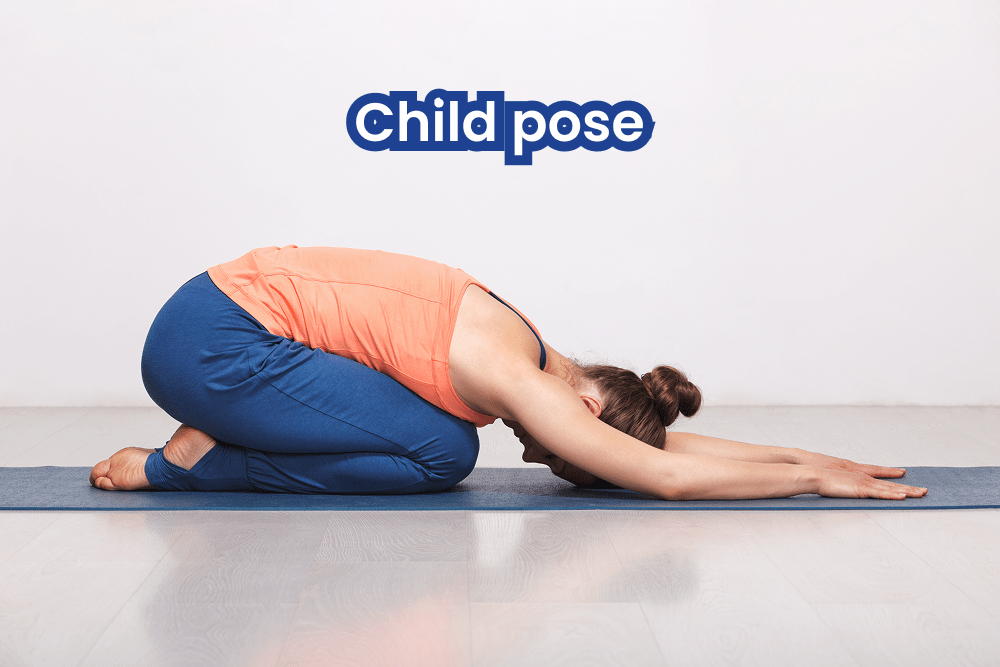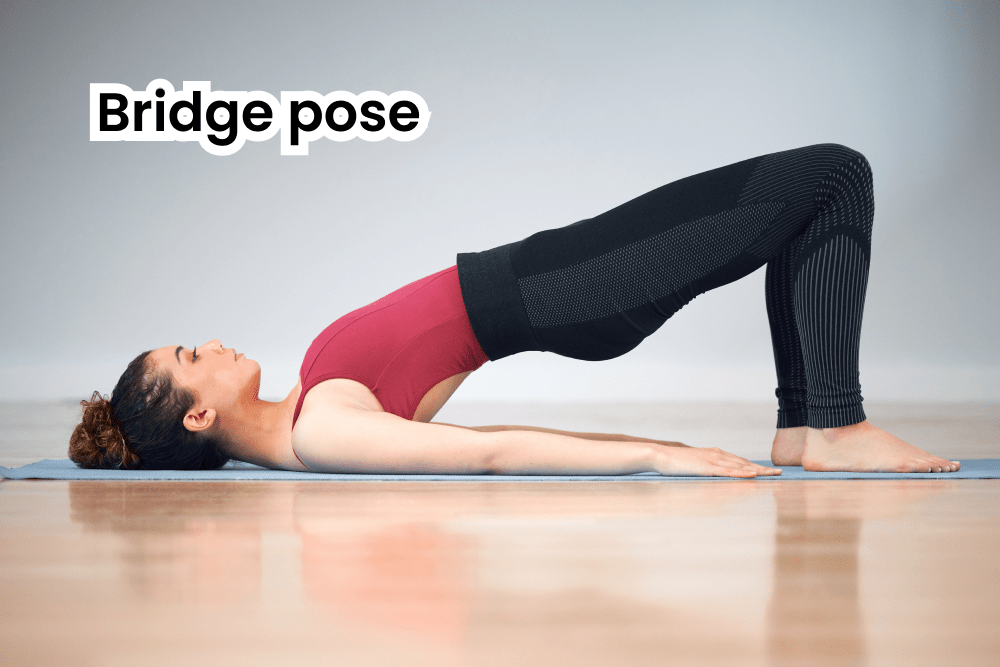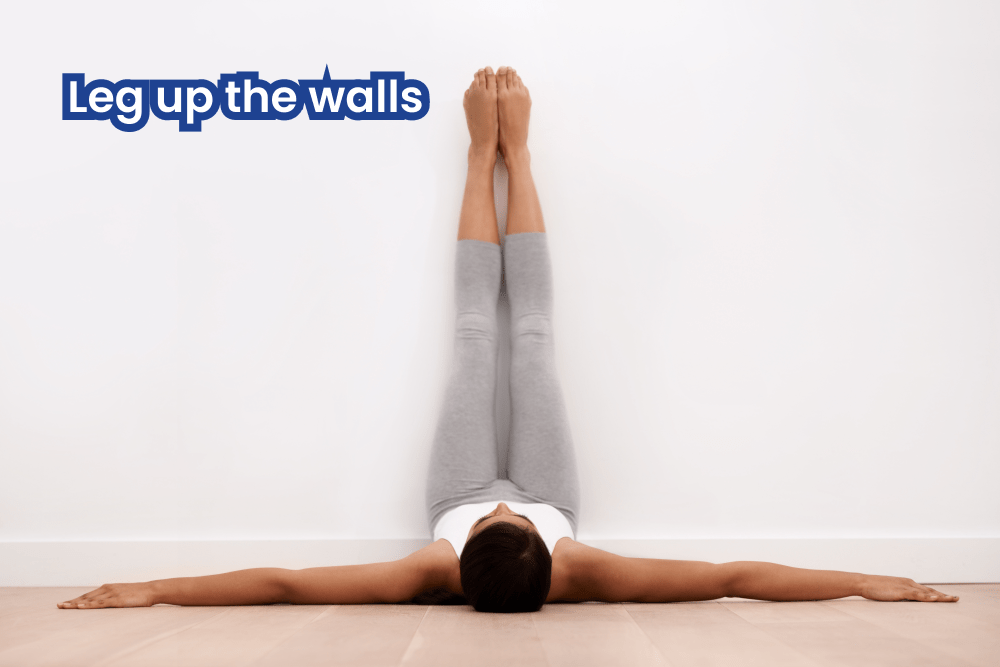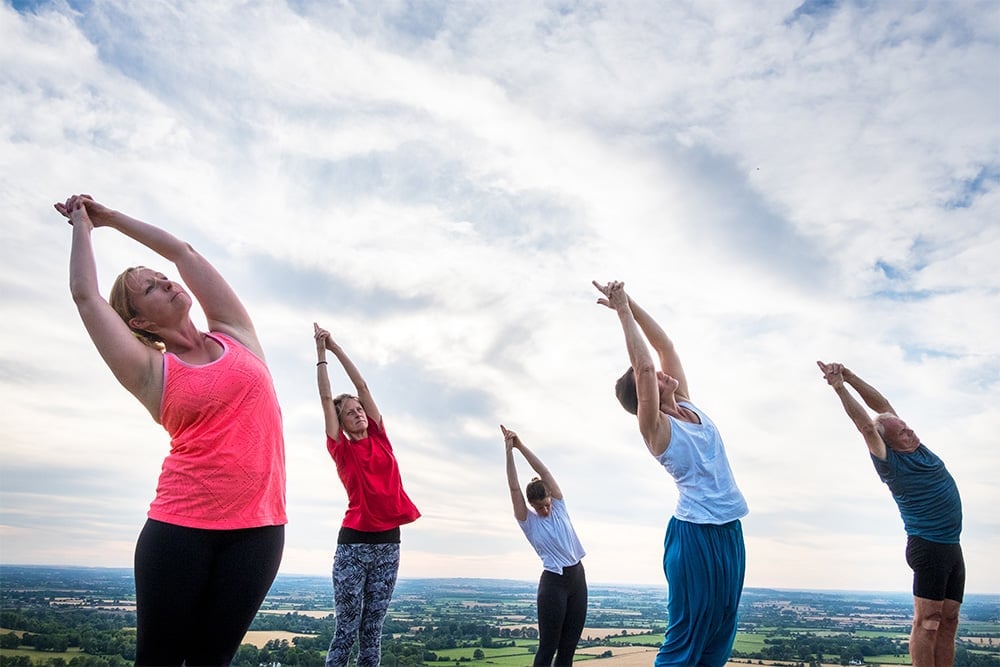In the whirlwind of modern living, mental health concerns like stress, anxiety, and depression have become increasingly common. Alongside traditional treatments offered by psychiatrists, psychologists, and therapists, yoga has gained recognition as a powerful, holistic method to nurture mental wellbeing. Combining physical postures, breathwork, and mindfulness, this ancient discipline presents a comprehensive wellness formula that harmonizes the mind and body. Whether you’re a beginner seeking a “yoga class” or an experienced yogi searching for a “wellness center near me,” exploring yoga’s role in mental health can profoundly enhance your journey toward overall wellbeing.
Yoga has existed for over 5,000 years and has become essential to a healthy lifestyle. This essay aims to increase knowledge of the many advantages of yoga practice and how it can reduce the chance of developing chronic illnesses. Yoga is a potent therapeutic tool that can strengthen the immune system and help manage chronic conditions like cancer, obesity, endocrine disorders, respiratory problems, cardiovascular diseases, and metabolic syndrome, according to research. Asanas (postures), pranayama (breath control), and dhyana (meditation) are essential yoga techniques that boost the body’s natural immune system, lower inflammation, and slow the onset of chronic illnesses. Additionally, by increasing joint flexibility and fostering improved microcirculation, yoga helps those with chronic arthritis.
The Multifaceted Impact of Yoga on Mental Wellness
Yoga’s influence on mental health is broad and integrative, simultaneously addressing emotional, psychological, and physical aspects. Scientific evidence reveals that consistent yoga lowers cortisol—the primary hormone associated with stress, soothing the nervous system and encouraging relaxation. This stress reduction is vital for managing anxiety and depression, two of the most widespread behavioral health challenges today.
Managing Stress and Anxiety Through Yoga
Yoga stimulates the parasympathetic nervous system, the body’s natural “rest and digest” mode, which counteracts the stress-induced “fight or flight” reaction. Practices such as pranayama (controlled breathing) and meditation deepen this calming effect, helping practitioners cultivate emotional equilibrium. Studies also show that yoga increases gamma-aminobutyric acid (GABA), a neurotransmitter that promotes relaxation and reduces anxiety symptoms.
Building Emotional Resilience and Regulation
Yoga enhances communication between brain regions involved in emotional control, including the prefrontal cortex and the amygdala. This neurological strengthening supports better emotional responses and resilience. The mindfulness aspect of yoga encourages present-moment awareness, allowing individuals to observe their feelings without judgment and break free from persistent cycles of worry and negative thought patterns.
Improving Sleep Quality for Mental Health
Sleep disturbances often accompany mental health disorders. Yoga’s soothing effects on the mind and body help reduce physiological arousal and anxiety, fostering more profound, restorative sleep. Those participating in mental health recovery programs, where restful sleep is essential to recovery, would benefit from this.
Integrating Yoga into a Holistic Health and Wellness Program
Incorporating yoga into a broader health and wellness routine can significantly enhance its positive effects. Many yoga studios and wellness centers now provide specialized offerings such as hot yoga—an invigorating practice performed in heated environments promoting detoxification—and beginner-friendly classes introducing fundamental yoga postures and breathing techniques.
Yoga for Beginners and the Power of Daily Practice
Enrolling in a yoga class at a nearby yoga studio or wellness center offers expert guidance and a supportive community for newcomers. Even a few minutes of daily yoga can improve mental clarity, emotional balance, and physical health. This consistent practice forms a wellness formula that combines movement, breath awareness, and meditation to nurture holistic wellbeing.
Finding Your Ideal Yoga Practice
A quick search for “yoga near me” or “wellness center near me” can connect you with various yoga styles tailored to your preferences. Whether you gravitate toward gentle, restorative sessions or the dynamic intensity of hot yoga, choosing the right environment and instructor can elevate your mental health journey. Many wellness centers also integrate yoga with behavioral health services, offering comprehensive care alongside psychiatric or psychological treatment.
Deepening the Mind-Body-Spirit Connection
Yoga’s benefits extend beyond physical fitness to enrich spiritual and psychological well-being. Research indicates that regular yoga practice is associated with heightened spiritual wellness and a stronger sense of coherence—the ability to perceive life as meaningful and manageable. This deeper connection often stems from motivations related to self-discovery and spirituality, amplifying the mental health benefits experienced.
Supporting Behavioral Health Recovery with Yoga
Yoga is a valuable complementary therapy for individuals undergoing behavioral health treatment. Programs that combine yoga with traditional psychological or psychiatric care teach essential skills such as grounding, stress management, and emotional regulation. This integrative approach fosters self-compassion and resilience, which are crucial for sustained recovery.
Effective Yoga Postures to Enhance Mental Health
Specific yoga postures are beneficial for mental wellbeing:
Child’s Pose (Balasana): Encourages deep relaxation and alleviates stress.

Downward Dog (Adho Mukha Svanasana): Revitalizes the body and calms the mind.

Bridge Pose (Setu Bandhasana): Opens the chest, uplifting mood and easing anxiety.

Legs-Up-The-Wall (Viparita Karani): Boosts circulation and induces tranquillity.

Corpse Pose (Savasana): Promotes profound relaxation and mindfulness.

Incorporating these poses into your daily yoga routine can regulate emotions and enhance overall wellbeing.
Harmony United Psychiatric Care is a premier mental health clinic serving communities across Florida.
Find a provider near you
Harmony United Psychiatric Care across Florida is a leading Mental health clinic that provides trusted psychiatry care for your undefined needs. We understand your psychological problems, which is why we provide telepsychiatry services to ensure your privacy and security.
For more information about mental health conditions, visit our Mental Health Library page. To understand and cope with your major depressive disorder symptoms, get help from our top psychiatrists, psychologists, and therapists, who are known for providing the best mental health treatment and psychiatry services. To book an appointment, please call us at (800) 457-4573 or submit an appointment request.
(Child’s Pose) Reference Website:
https://www.yogajournal.com/poses/child-s-pose/
(Downward Dog) Reference Website:
https://www.yogaalignmentguide.com/adho-mukha-svanasana-downward-facing-dog-pose
(Bridge Pose) Reference Website:
https://www.yogikuti.com/setu-bandha-sarvangasana-bridge-pose/
(Legs-Up-The-Wall) Reference Website:
https://www.healthline.com/health/exercise-fitness/legs-up-the-wall
(Corpse Pose) Reference website:
https://www.netmeds.com/health-library/post/savasana-corpse-pose-health-benefits-and-how-to-practice-it-for-relaxation



Leave a Reply